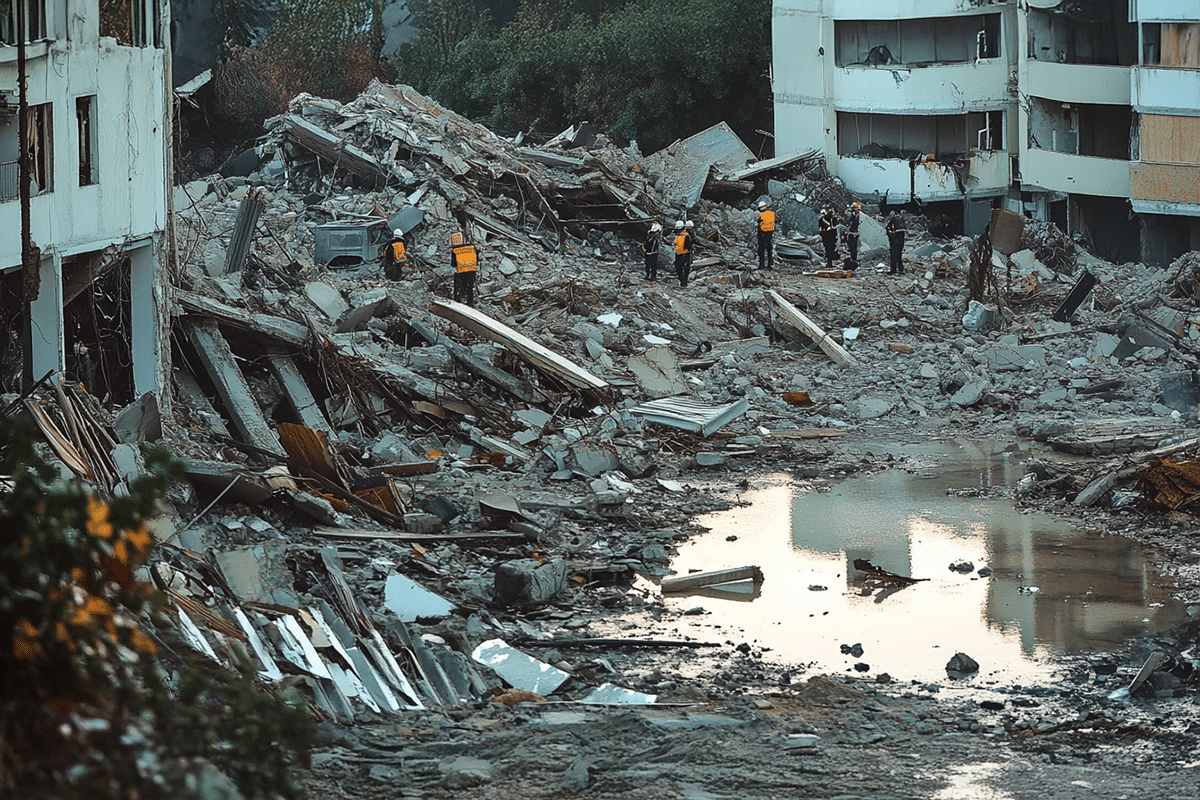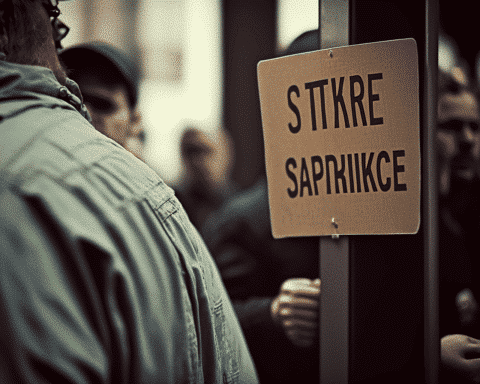The Israeli military has extended evacuation warnings to more areas in southern Lebanon, signaling a broader offensive against Hezbollah. On Thursday, Israel urged residents in Nabatieh and nearby communities north of the Litani River to evacuate, suggesting the ground operation, which began earlier this week, could soon widen. This move follows increased clashes between Israeli forces and Hezbollah militants along the Lebanese border, where at least eight Israeli soldiers have been killed in recent fighting.
The situation in Lebanon, particularly in areas north of the U.N.-established buffer zone, remains tense as the conflict between Israel and Hezbollah shows no signs of de-escalating. The U.N. Security Council had drawn this buffer zone after the 2006 war between the two sides, intending to prevent further hostilities. However, accusations from both Lebanon and Israel of violations of the resolution have intensified, with the situation now boiling over into a wider conflict.
Israeli Strikes in Southern Lebanon
As Israel expands its ground operations, the Lebanese population in the south continues to face the brunt of the military strikes. Israeli airstrikes have targeted numerous locations in southern Lebanon, including Hezbollah strongholds. Among the most alarming developments was a strike on a convoy in the village of Taybeh, which resulted in the wounding of four Lebanese Red Cross paramedics and the death of a Lebanese army soldier. This convoy, coordinated with U.N. peacekeepers, was evacuating civilians from the area when it was hit by Israeli fire.
Another Lebanese soldier was killed in an Israeli strike on a southern army post, leading the Lebanese military to return fire. Tensions remain high, with clashes continuing across the border region as Israel ramps up its operations targeting Hezbollah.
In central Beirut, an Israeli airstrike on Wednesday night killed nine people, including seven civilian first responders with Hezbollah affiliations. The strike occurred near important government offices, including the U.N. headquarters and the prime minister’s office, raising concerns about Israel’s reach into Lebanon’s capital. This attack comes as Israel intensifies its campaign, hitting areas where Hezbollah maintains a significant presence. However, Israeli strikes in Beirut remain rare, making this incident particularly concerning for the Lebanese government.
Widening Humanitarian Crisis
The expanding conflict is creating a humanitarian crisis on both sides of the border. Hundreds of thousands of people have already fled their homes in southern Lebanon as Israel continues its warnings for civilians to evacuate villages and towns in the region. Israeli authorities have called on residents to relocate to areas at least 60 kilometers north of the border, well beyond the Litani River, which Hezbollah was originally required to withdraw north of under U.N. Security Council Resolution 1701.
The resolution, passed in 2006, called for both Hezbollah’s withdrawal and for the Lebanese army, along with U.N. peacekeepers, to secure the border area. However, with Hezbollah’s continued presence and military infrastructure in southern Lebanon, the terms of the resolution remain largely unfulfilled. Israel argues that Hezbollah has repeatedly violated the agreement by building up its military capabilities in the border region, while Lebanon accuses Israel of breaking other provisions of the same resolution.
Growing Regional Conflict
The conflict in Lebanon is just one front in a broader regional battle. The escalation of violence began nearly a year ago with Hamas’ surprise attack on Israel from the Gaza Strip, and Hezbollah’s involvement has only deepened the conflict. Israel has conducted numerous airstrikes in Lebanon since September, targeting Hezbollah positions, and in the past week alone, those strikes have claimed the lives of at least 15 Hezbollah fighters.
The Israeli military continues to target Hezbollah’s military assets, including weapons storage facilities and observation posts. Hezbollah, in turn, has resisted, claiming to have detonated explosives on Israeli forces as they entered the Lebanese border village of Maroun el-Ras. Though these claims remain unconfirmed, they underscore the deepening intensity of the conflict.
As the violence between Israel and Hezbollah escalates, the region braces for further instability. The war has expanded to include Iranian-backed forces, such as Houthi rebels in Yemen, who have launched drones at Israel in retaliation for the strikes. Meanwhile, an Iranian missile attack earlier in the week has added to fears of a broader regional war, threatening to pull in more countries into the conflict.
While diplomatic efforts continue, the situation in Lebanon and the broader Middle East remains precarious, with Israel’s military operations showing no signs of slowing down.




